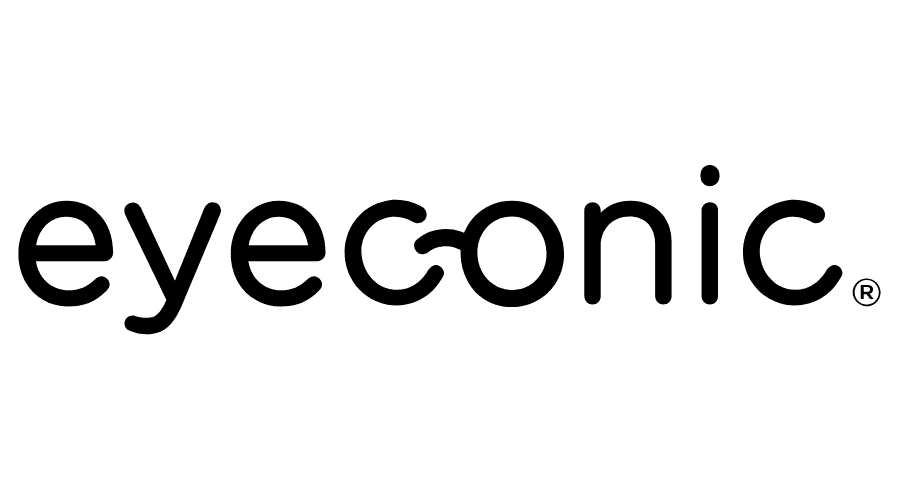Customizable Vision Plans, Glasses, and Contacts
Save up to $300/year with Customizable Vision Plans
FinSpot.guide may earn a commission when a user completes an action using our links, which will however not affect the review but might affect the rankings. The latter is determined on the basis of product market fit and compensation received.
The information contained in FinSpot.guide should not be conceived as legal, financial or investment advice nor as an endorsement of any of the products or services referenced in FinSpot.guide. As disclosed in the Terms and Conditions all information on FinSpot.guide is subject to change. FinSpot.guide does not contain an exhaustive list of all lending or insurance partners in each category.
- Save up to $300 annually with a VSP plan
- Ideal for seniors & retirees or self-employed and part-time workers
- Get exclusive member-only deals on popular eyewear brands
- Do you have VSP Insurance?
- We've got savings on contacts & glasses!
- Shop the brands you love this holiday season.
- Free Lifelong Service
- Lowest Price Guarantee
- Satisfaction Guarantee
- FREE shipping over $99
- Largest selection of brand name contact lenses at the lowest prices
- Expired Rx? Take our FREE online vision test
- FREE shipping on orders over $99
- Renew your Rx with an online vision test
- Save 20% off future orders with a Lens Subscription
Our Methodology: How we found the best vision care for you
Research. Research. More research. It’s really that simple. Our dedicated team of online experts scour the internet every single day to find the best options available for our audience. We want to help save you money, and we want the process of saving to be easy for you to complete. The recommendations we provide are selected based on the following criteria; reliable service, ease of application, and trusted source. FinSpot wants you to be able to select the best option for you, and then move on with your life to focus on the things that matter, like family, friends, and a healthy life. Take a look at the following list and do your own research as well. We’re confident you’ll be satisfied with our selections.
Learn More About Vision Care
Vision care insurance is a type of insurance that covers the costs associated with eye care services and products. This can include regular eye exams, prescription eyeglasses, contact lenses, and sometimes even procedures like LASIK surgery. While health insurance plans may cover certain eye-related issues, they often do not cover routine eye care or corrective lenses. Vision care insurance fills this gap by providing coverage specifically for eye-related expenses.
Here are some reasons why individuals, including gig-workers, seniors, and retirees, might consider purchasing vision care insurance in the United States:
Routine Eye Care Expenses: Vision care insurance helps cover the costs of routine eye examinations, which are essential for maintaining good eye health. Regular eye exams can detect issues early on, preventing more serious problems in the future.
Affordability of Corrective Lenses: For individuals who require eyeglasses or contact lenses for vision correction, the costs can add up over time. Vision insurance can help reduce these costs by covering a portion of the expenses associated with purchasing prescription eyewear.
Preventive Care: Seniors and retirees may be more prone to age-related eye conditions such as glaucoma, cataracts, and macular degeneration. Vision insurance can encourage regular eye check-ups, enabling early detection and management of such conditions.
Convenience for Gig Workers: Gig workers, who often don't have access to traditional employee benefits, may find vision care insurance valuable. It provides them with a way to manage eye care costs without relying on a traditional employer-sponsored health plan.
Discounts and Additional Benefits: Vision insurance plans often come with additional benefits, such as discounts on vision correction surgery (like LASIK) and discounts on eyewear beyond what is covered by insurance. These perks can make vision care more affordable.
Flexible Coverage Options: Many vision care insurance plans offer flexibility in terms of coverage options. Individuals can choose plans that align with their specific needs and preferences, tailoring coverage to suit their lifestyle.
It's important to note that vision care insurance is usually a separate policy from health insurance. While some health insurance plans may offer vision coverage as an optional add-on, others may not cover routine eye care at all. Therefore, individuals who prioritize eye health and want financial assistance with vision-related expenses may find it beneficial to purchase vision care insurance, especially if they fall into categories such as gig-workers, seniors, or retirees.
















